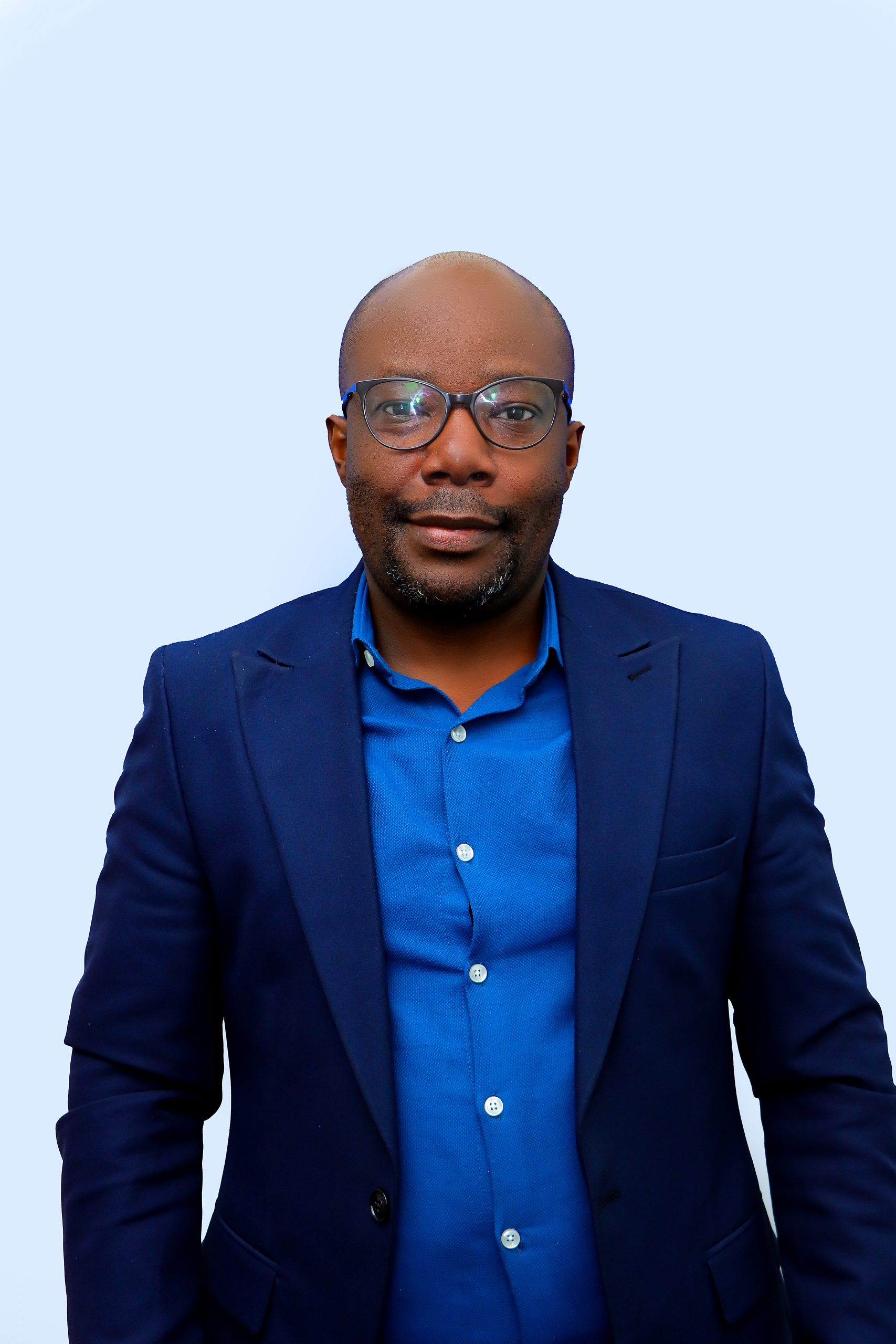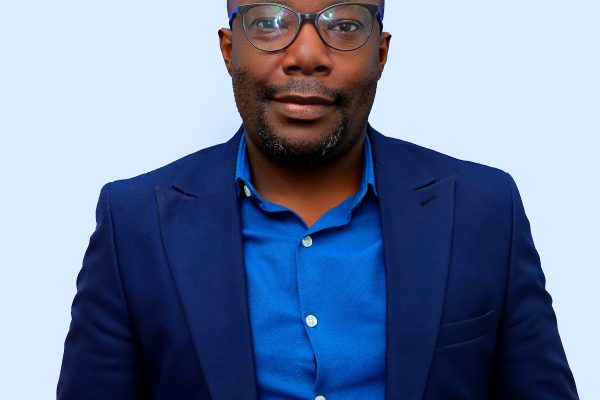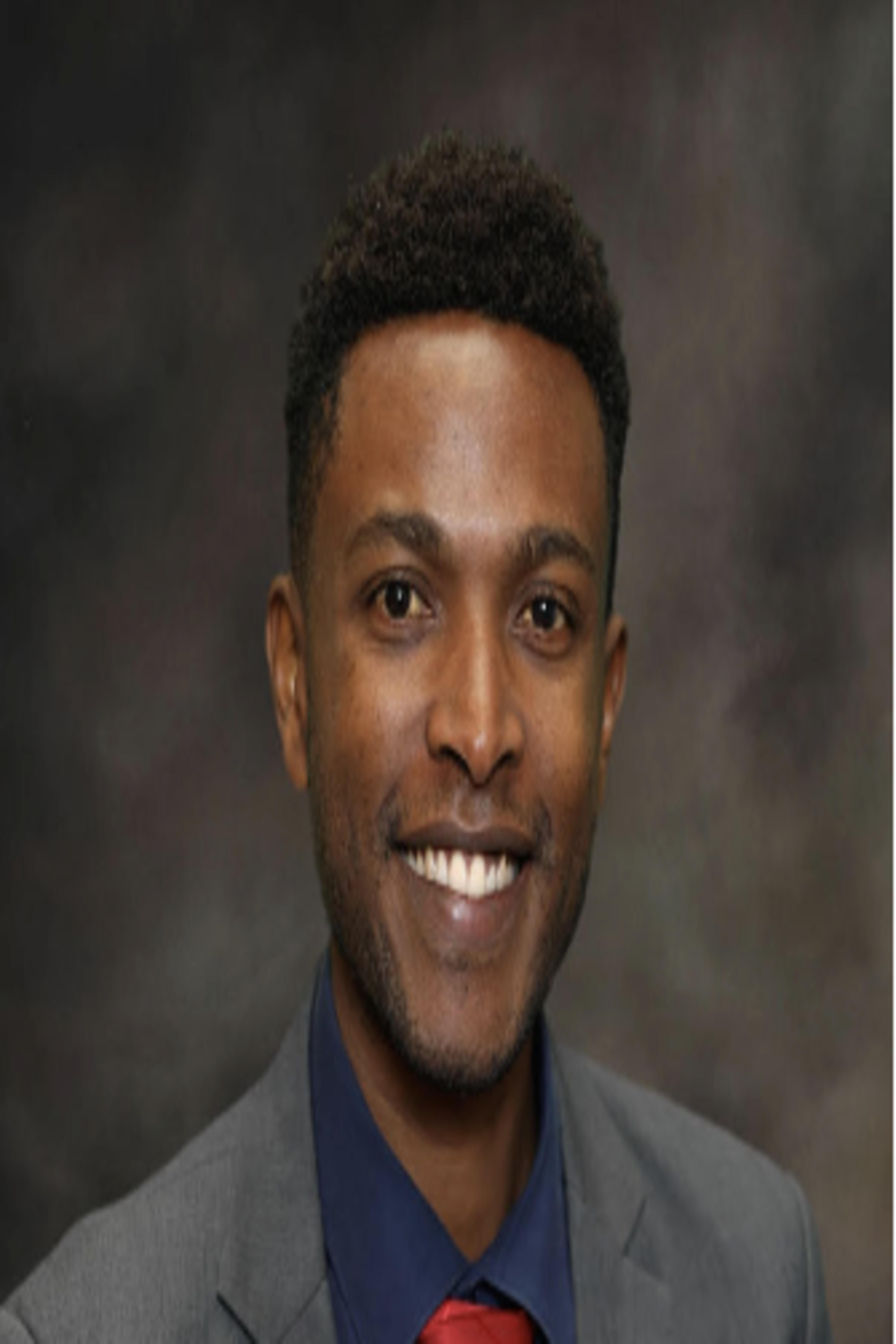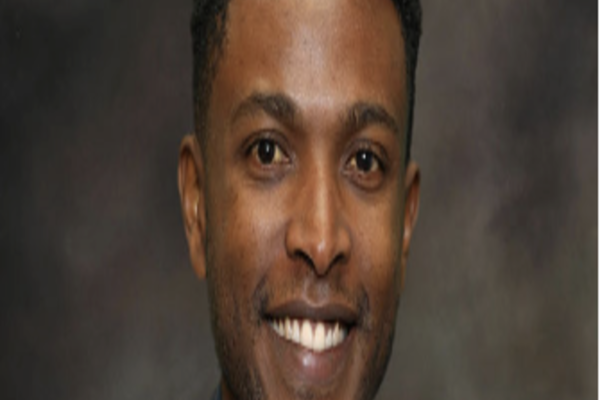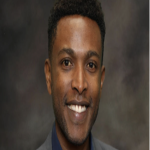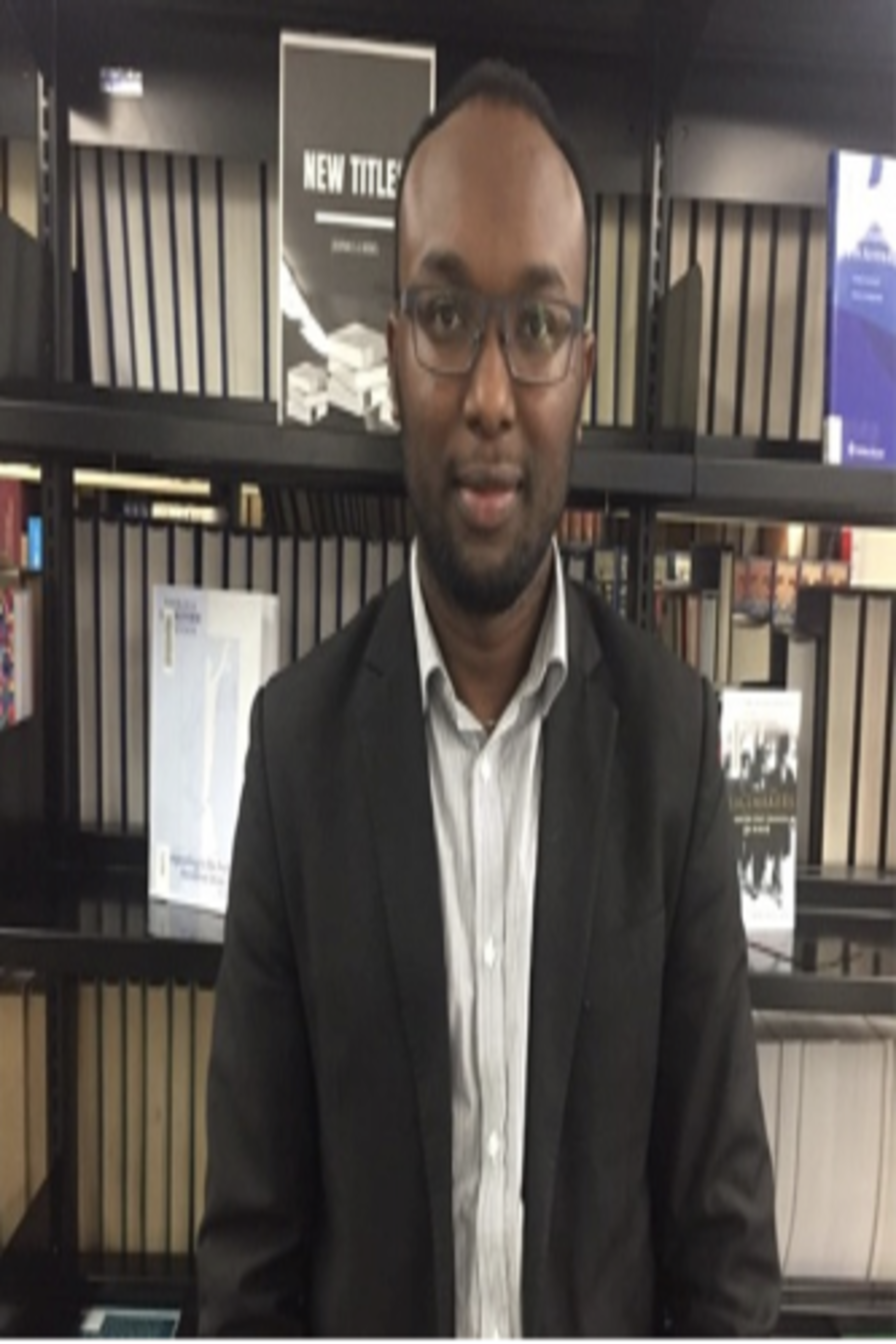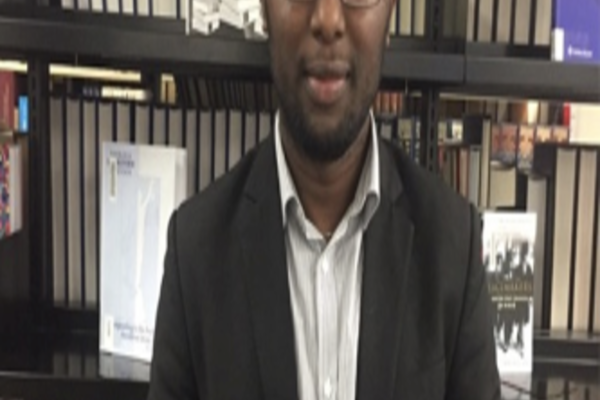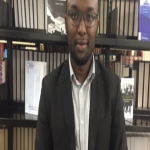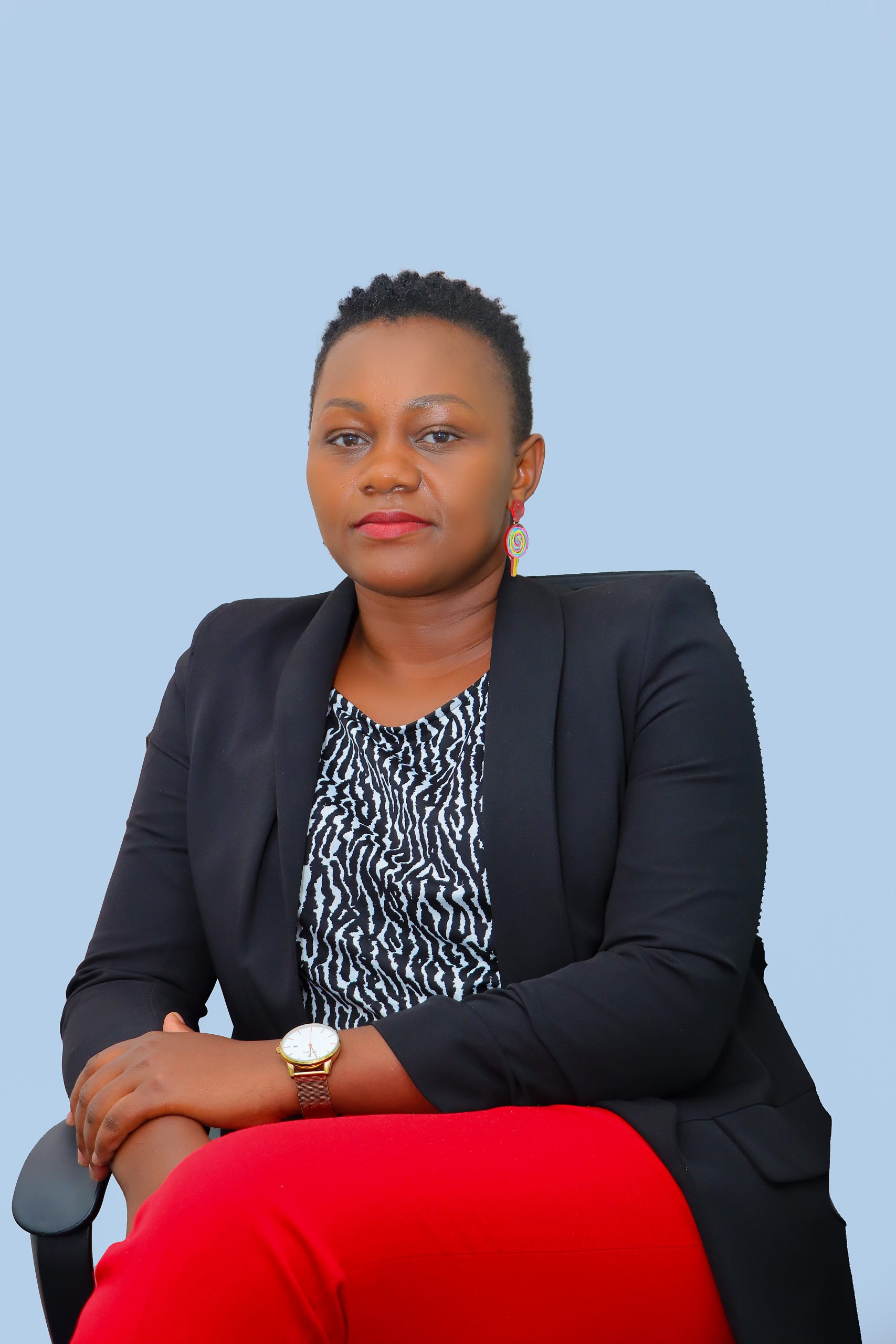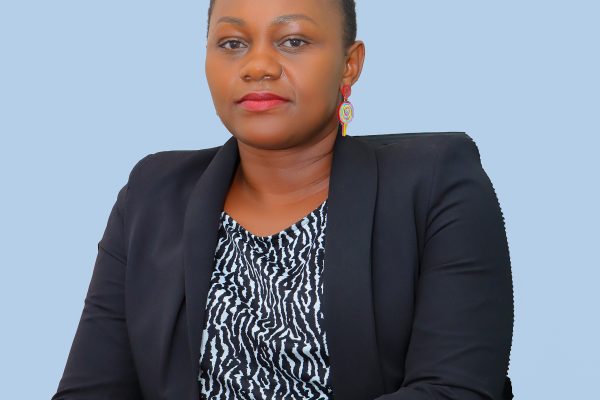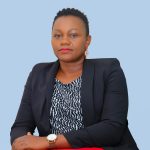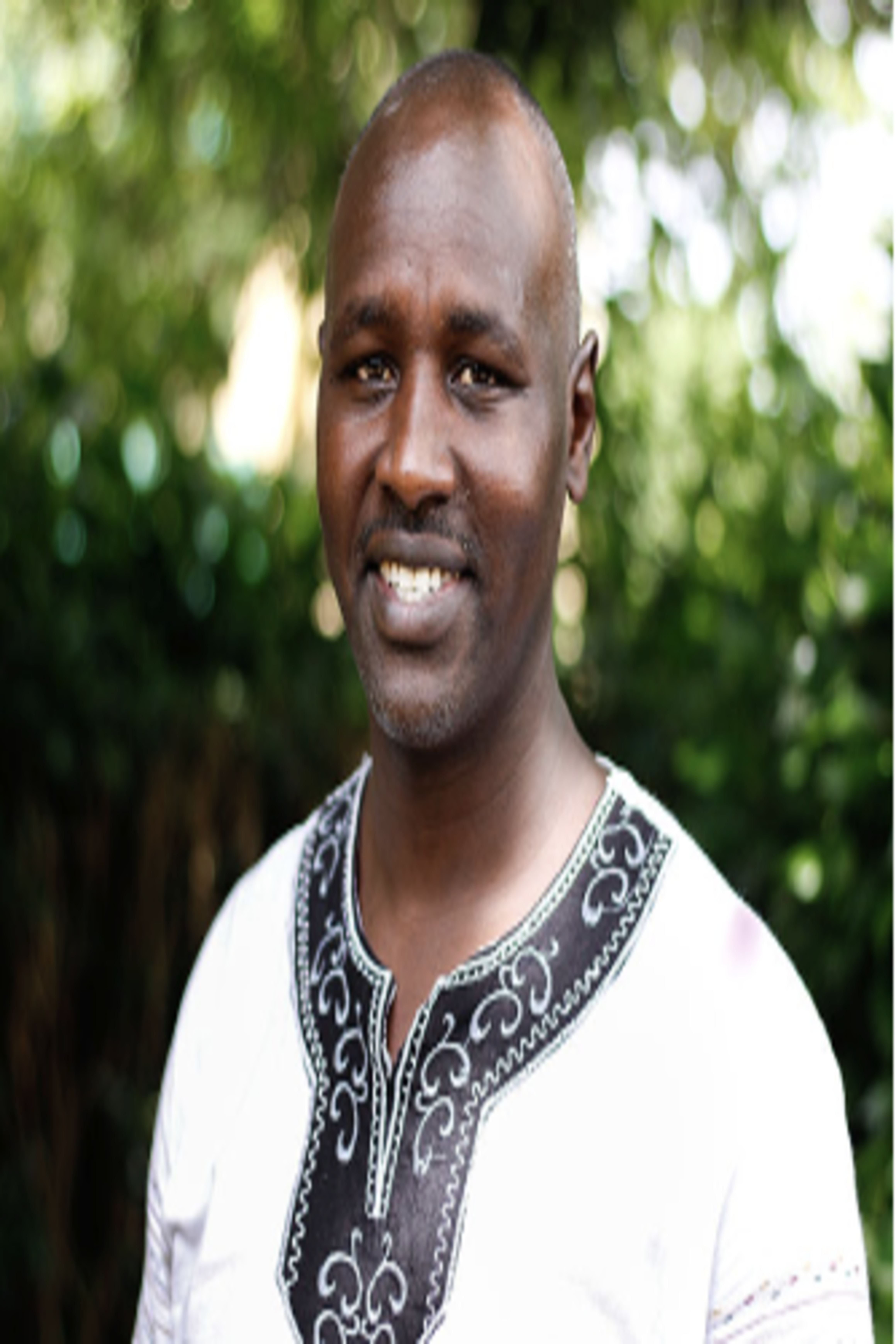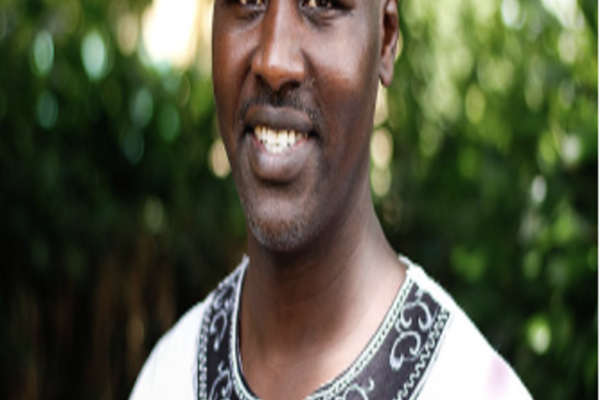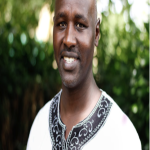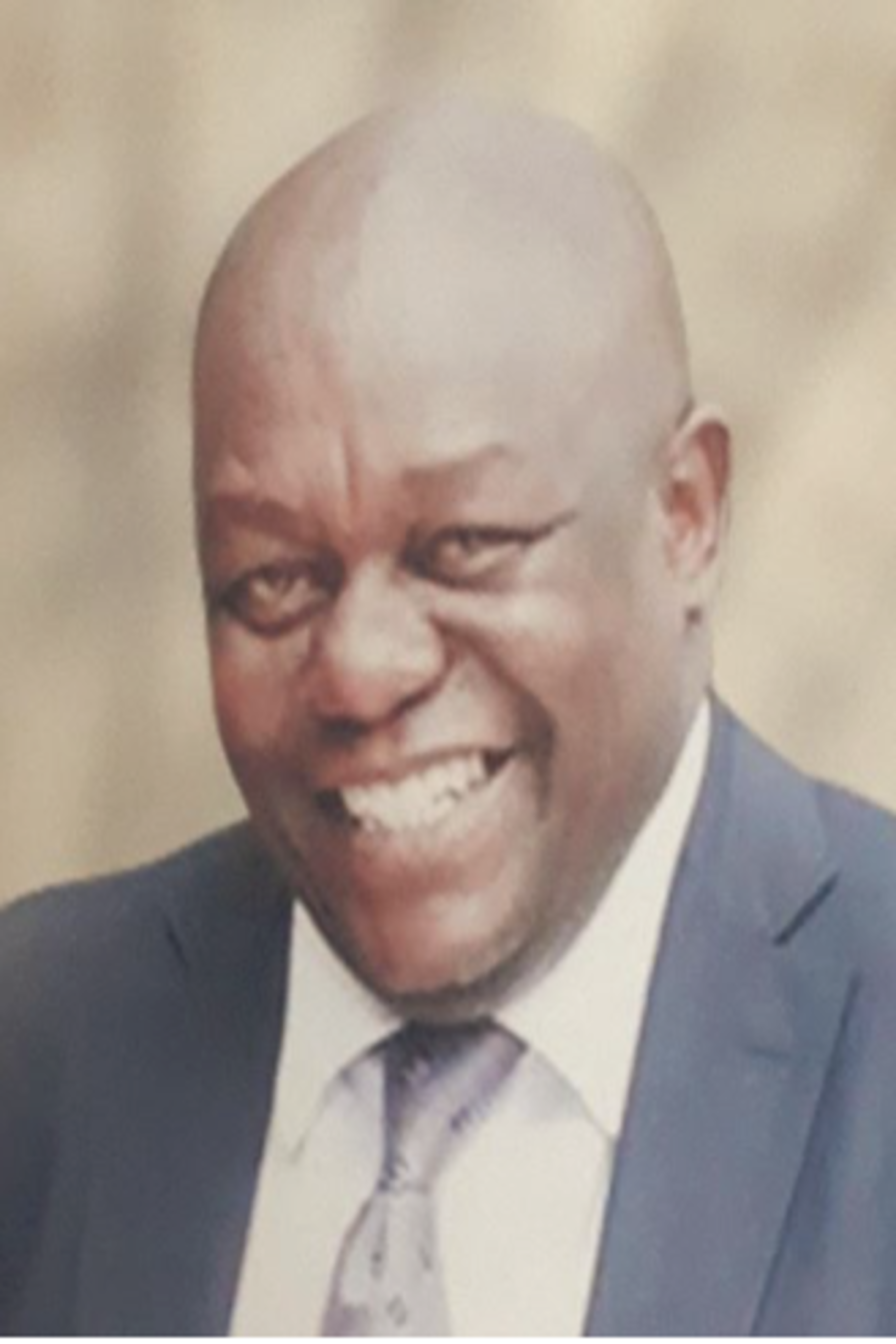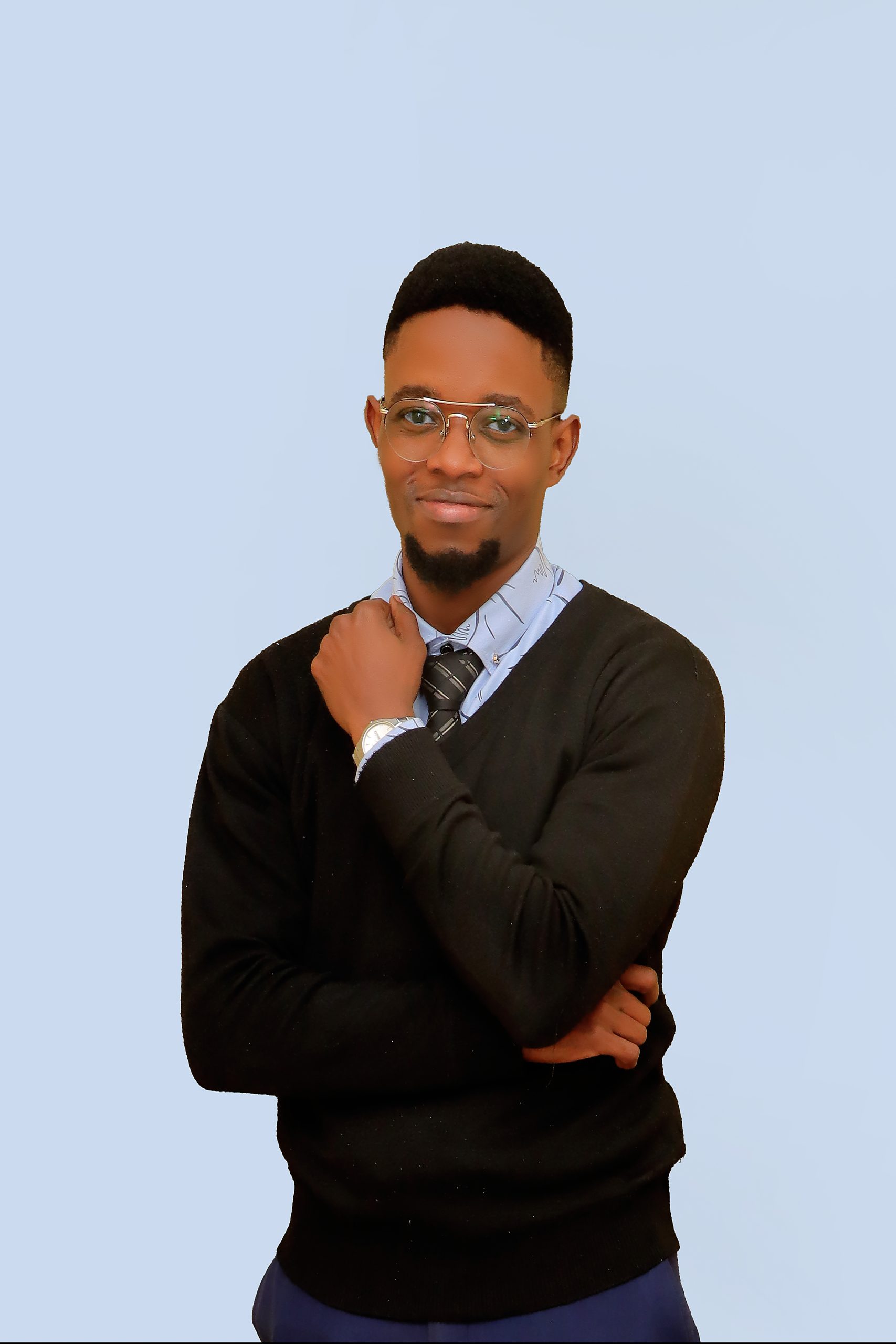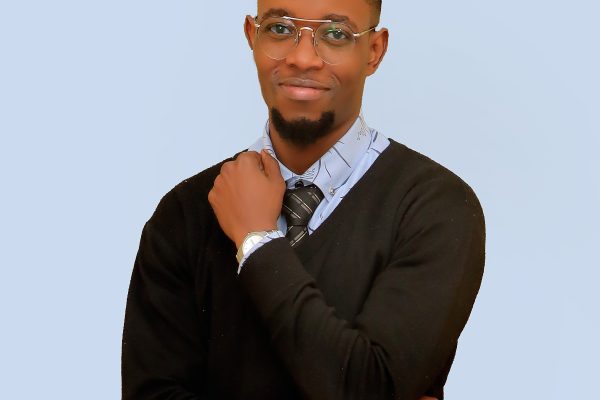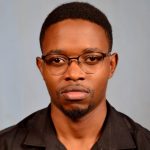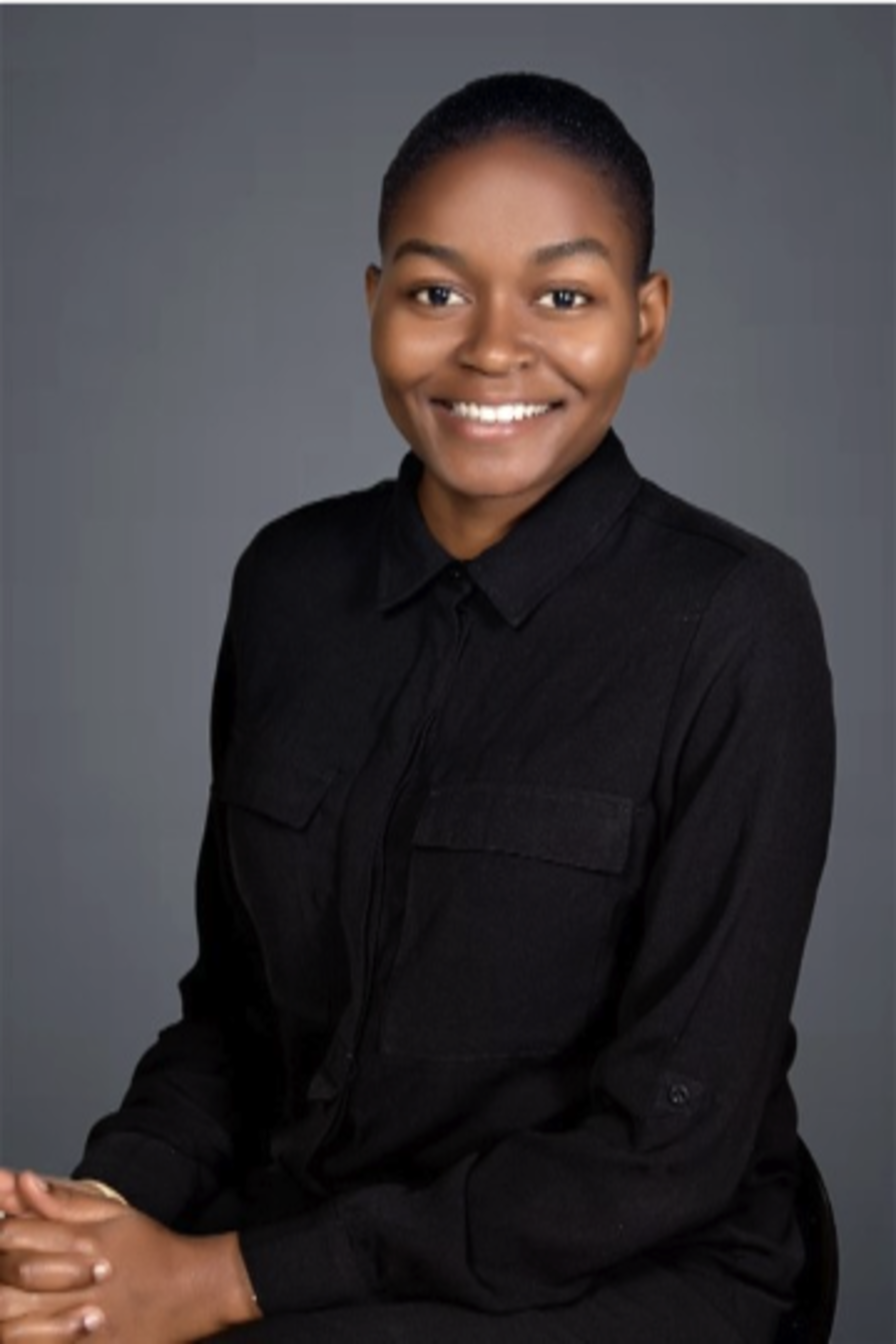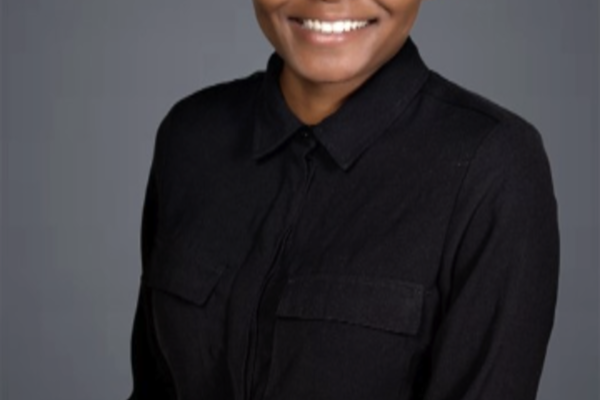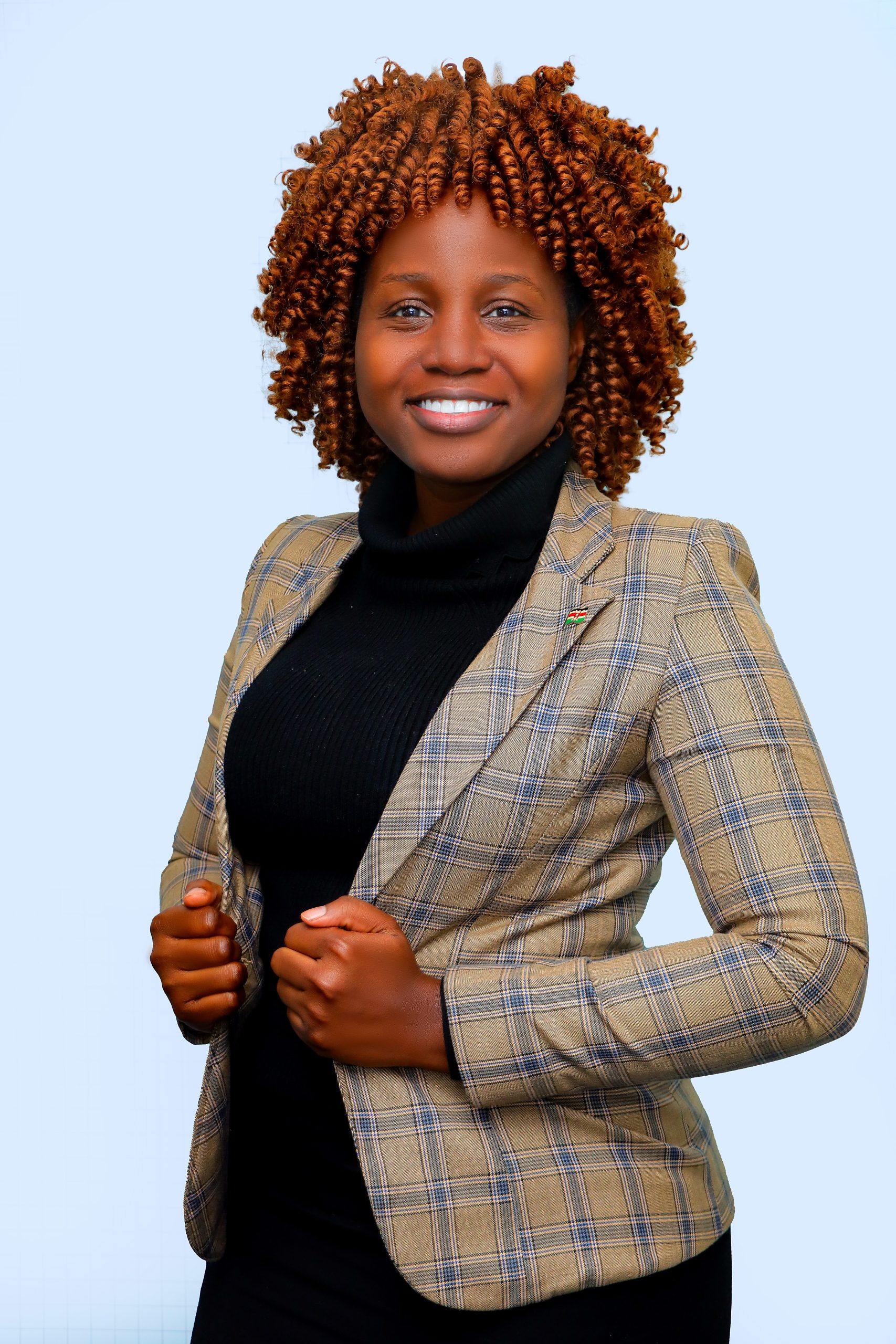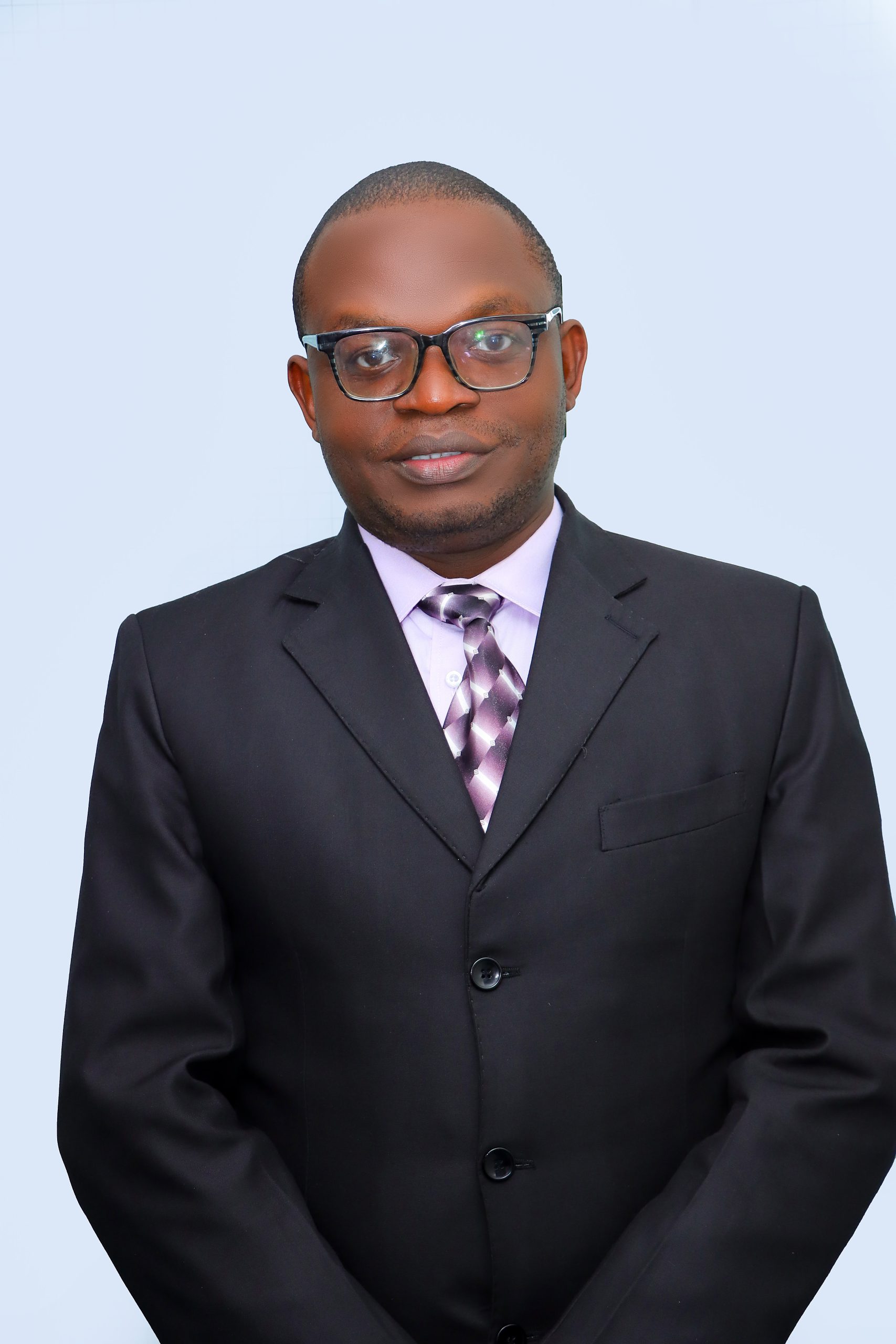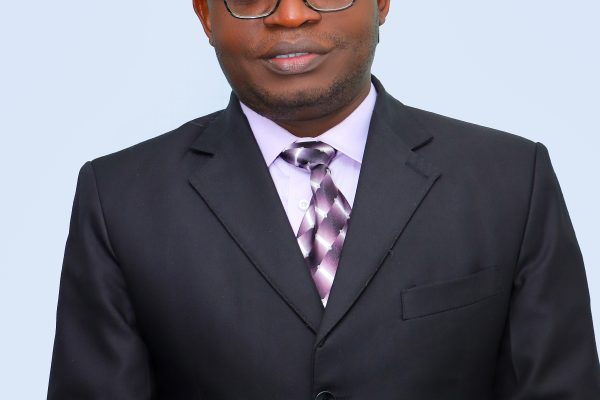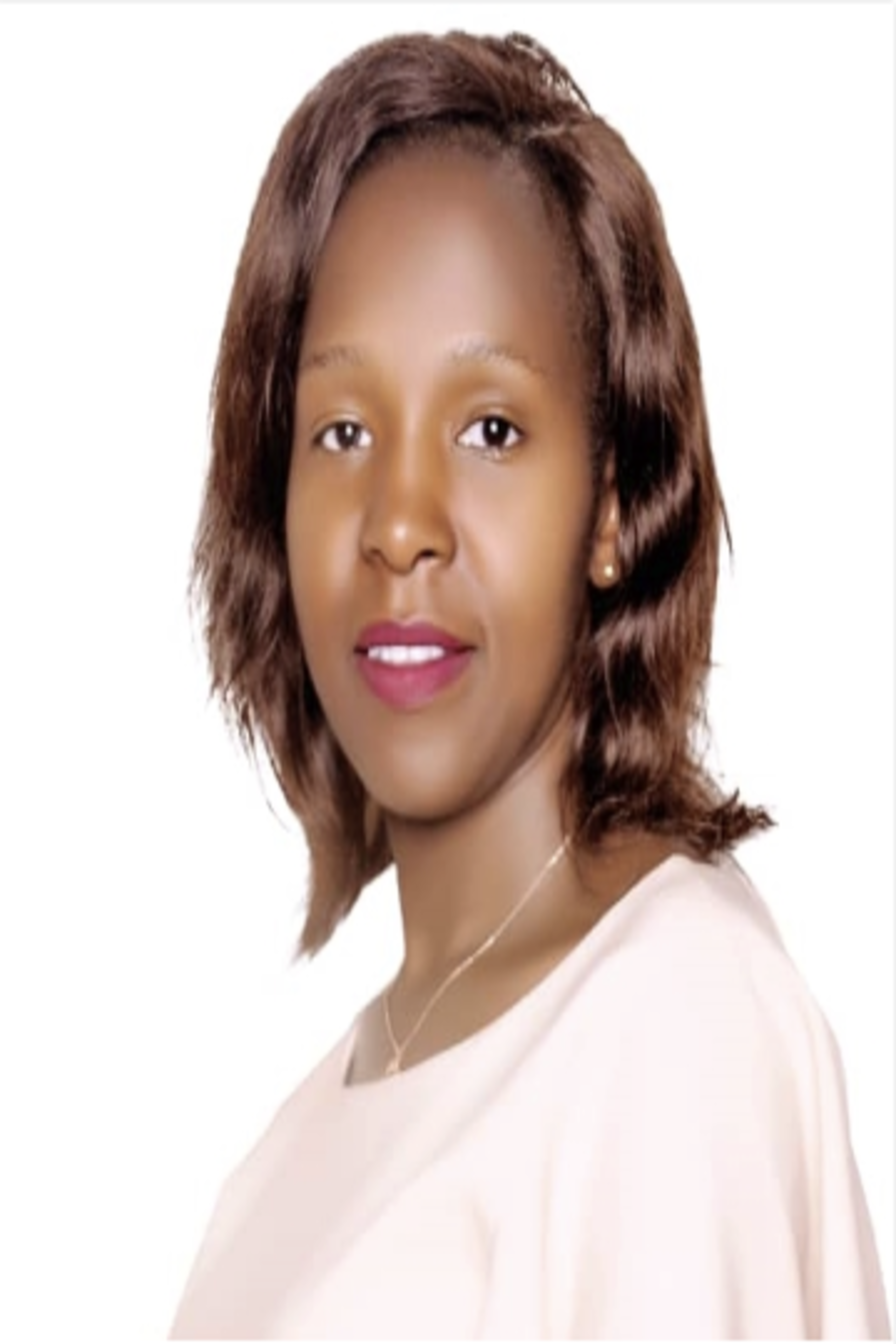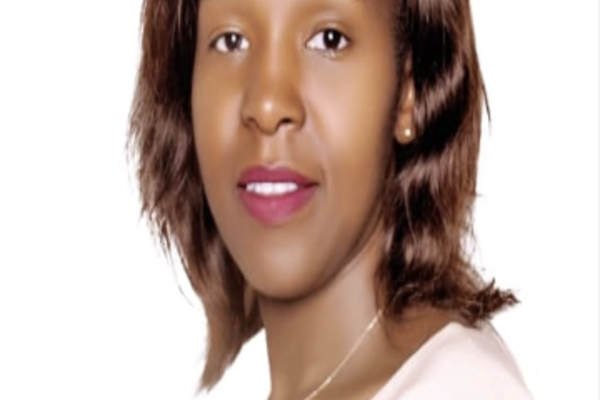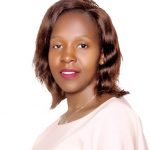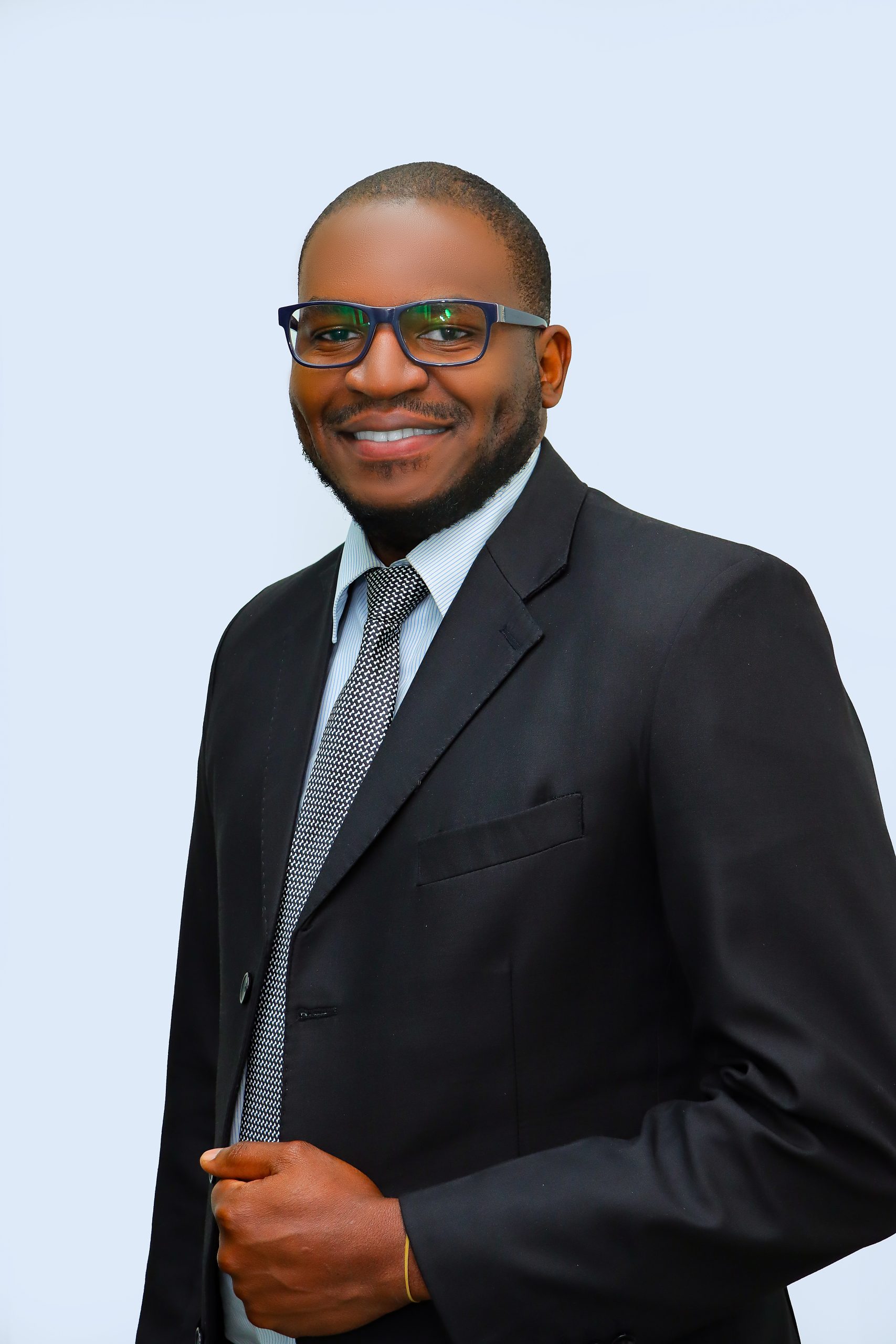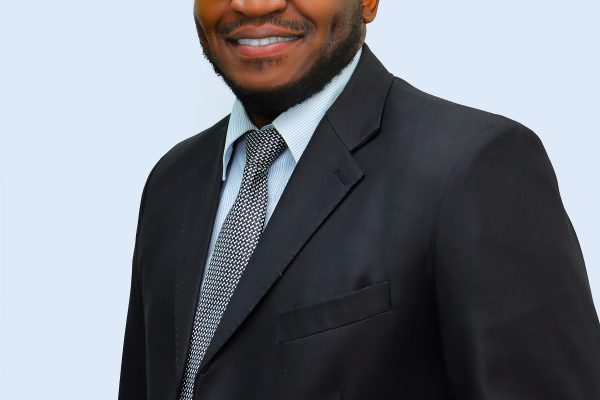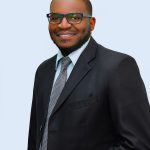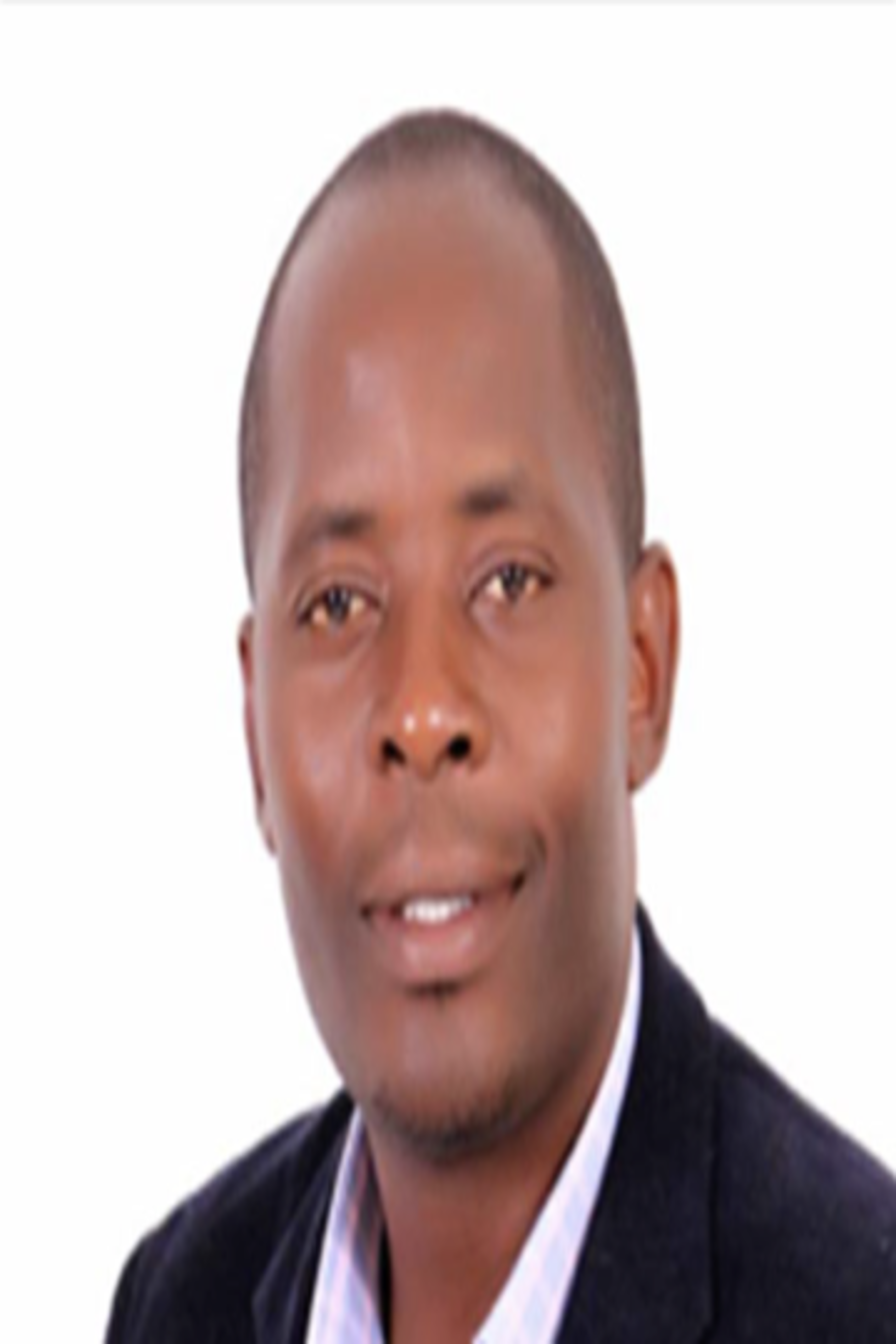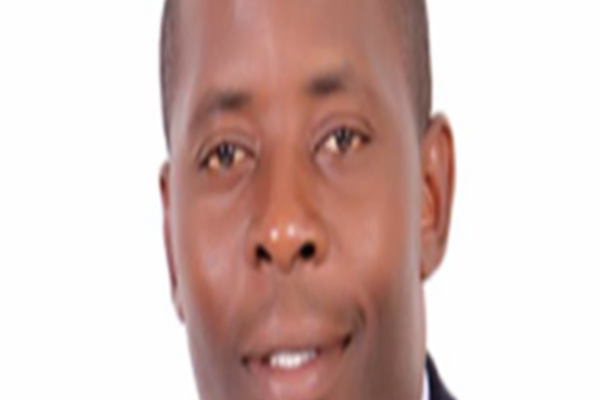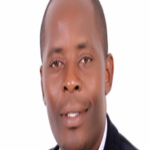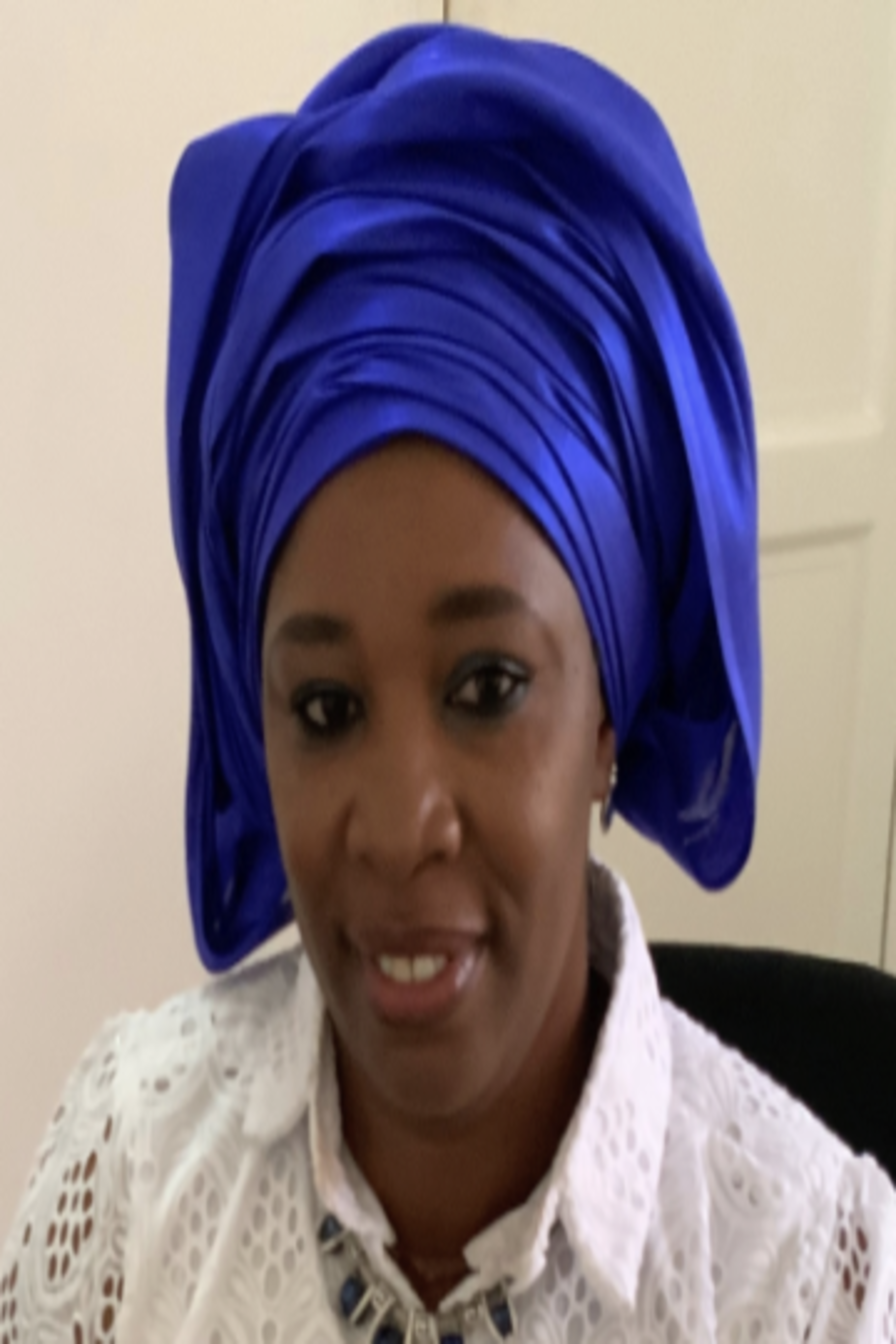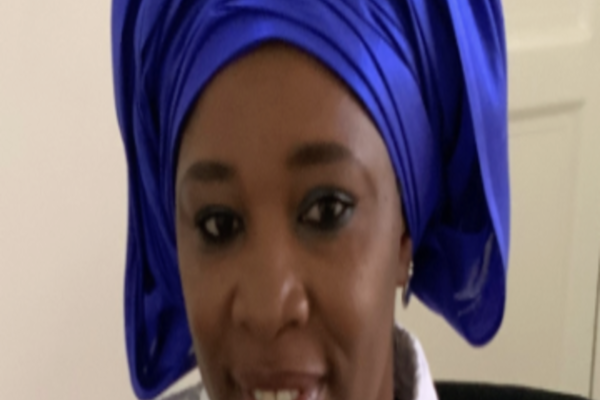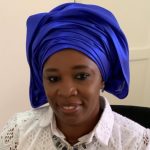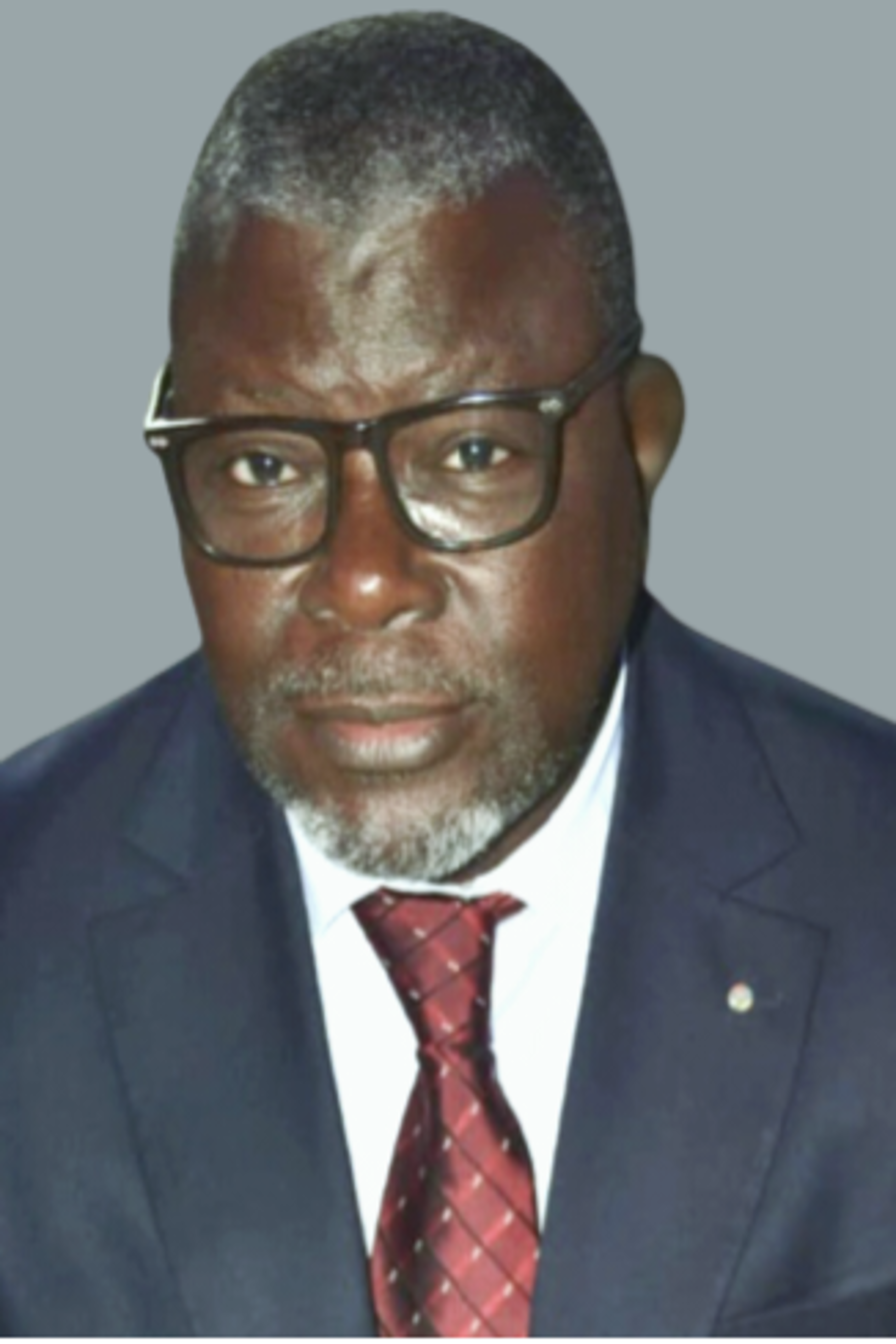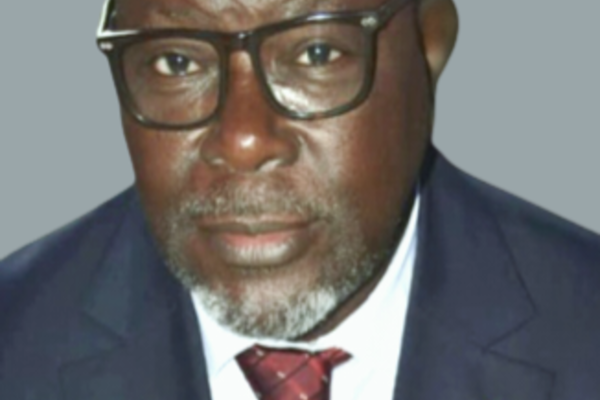Dr. Joanes Atela is an accomplished executive with over 15 years of experience in research and providing technical support to African governments in natural resource management, climate change mitigation and adaptation, and knowledge management. Currently serving as the Founder and Executive Director of the Africa Research and Impact Network (ARIN), he excels in developing strong evidence-based actions and strategies that are adaptable and well linked to national, regional, and international climate change initiatives.
Joanes previously served as the Director Partnerships and Impact and the Head of the Climate Resilient Economies Programme at the African Centre for Technology Studies (ACTS) to become one of the best in the world, ranking third globally and the best in Africa according to the 2016 ICCG rankings based on research and policy work. He has been extensively involved in academia and research, serving as an Associate at the Institute of Climate Change and Adaptation (ICCA), University of Nairobi, and as a Research Fellow at the World Agroforestry Centre (ICRAF) and the United Nations University.
Joanes has published widely in international journals, books, media and blogs focusing on resilience, knowledge systems as well as international politics with over 1000 citations on Google Scholar. He has successfully led the design and implementation of numerous funded projects. He played a pivotal role in synthesizing key community-based adaptation initiatives across the world which provided significant evidence towards the establishment of the Locally Led Adaptation Agenda within the global climate action arena.
Joanes is particularly passionate about making science work for the local vulnerable communities. He has particular interest in strengthening the Science-Policy Interface in Africa. He founded the Grassroot Impact Centre- an initiative operating and empowering local communities including girls, youth, women with knowledge on resilience and innovation and seeks to develop models in which research can better align and support the needs of local communities.
At the strategic level, Joanes is a member of several high-level technical boards. He is the Lead Expert in the development of the African Union Green Innovation Framework, which guides member states in accelerating green growth actions; the Lead expert for developing the First Kenya’s Innovation Outlook Framework and a member of the Strategic Advisory Group for the UK Research and Innovation Fund (UKRI). Joanes also served as a Scientific Advisory Panel Member of Stockholm at 50+ and Advisory Committee Member to the Resilience Evidence Forum alongside serving in several global Advisory Committee.
He has won various awards including the Young Scientist Ward by the European Meteorological Society, the Exceptional Achievement Delegate in the Model United Nations Forum among others. Dr. Atela holds a Ph.D. in Environment and Development from the University of Leeds, United Kingdom, MSC in Natural Resource Management from Bonn University Germany (First Class) and BSc in Environmental Science, Maseno University- Kenya (First Class Honours).

